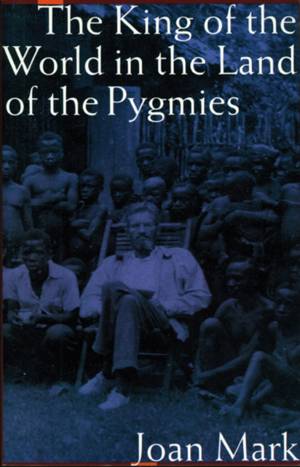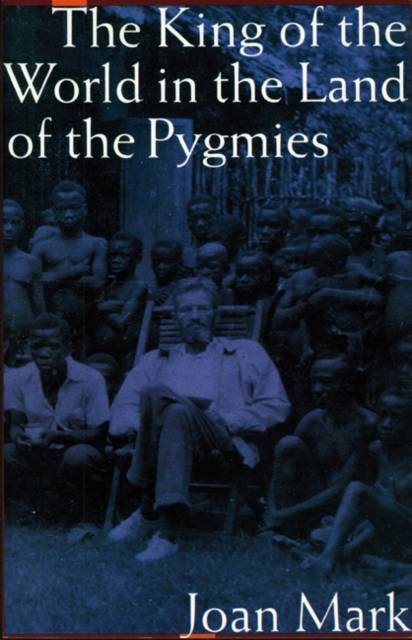
- Afhalen na 1 uur in een winkel met voorraad
- Gratis thuislevering in België vanaf € 30
- Ruim aanbod met 7 miljoen producten
- Afhalen na 1 uur in een winkel met voorraad
- Gratis thuislevering in België vanaf € 30
- Ruim aanbod met 7 miljoen producten
Zoeken


€ 30,95
+ 61 punten
Omschrijving
Joan Mark offers an interpretive biography of Patrick Tracy Lowell Putnam (1904-53), who spent twenty-five years living among the Bambuti pygmies of the Ituri Forest in what is now Zaire. On the Epulu River he constructed Camp Putnam as a harmonious multiracial community. He modeled his camp on the "dude ranches" of the American West, taking in paying guests while running a medical clinic and occasionally offering legal aid to the local people, and assumed the role of intermediary between locals and visitors, including Colin M. Turnbull, author of the classic Forest People. Mark describes Putnam's mercurial relations with family and with his African and American wives--and follows him to his sad and violent end. She places Patrick Putnam within the context of three different anthropological traditions and examines his contribution as an expert on pygmies.
Specificaties
Betrokkenen
- Auteur(s):
- Uitgeverij:
Inhoud
- Aantal bladzijden:
- 276
- Taal:
- Engels
Eigenschappen
- Productcode (EAN):
- 9780803282506
- Verschijningsdatum:
- 1/12/1998
- Uitvoering:
- Paperback
- Formaat:
- Trade paperback (VS)
- Afmetingen:
- 145 mm x 223 mm
- Gewicht:
- 430 g

Alleen bij Standaard Boekhandel
+ 61 punten op je klantenkaart van Standaard Boekhandel
Beoordelingen
We publiceren alleen reviews die voldoen aan de voorwaarden voor reviews. Bekijk onze voorwaarden voor reviews.












